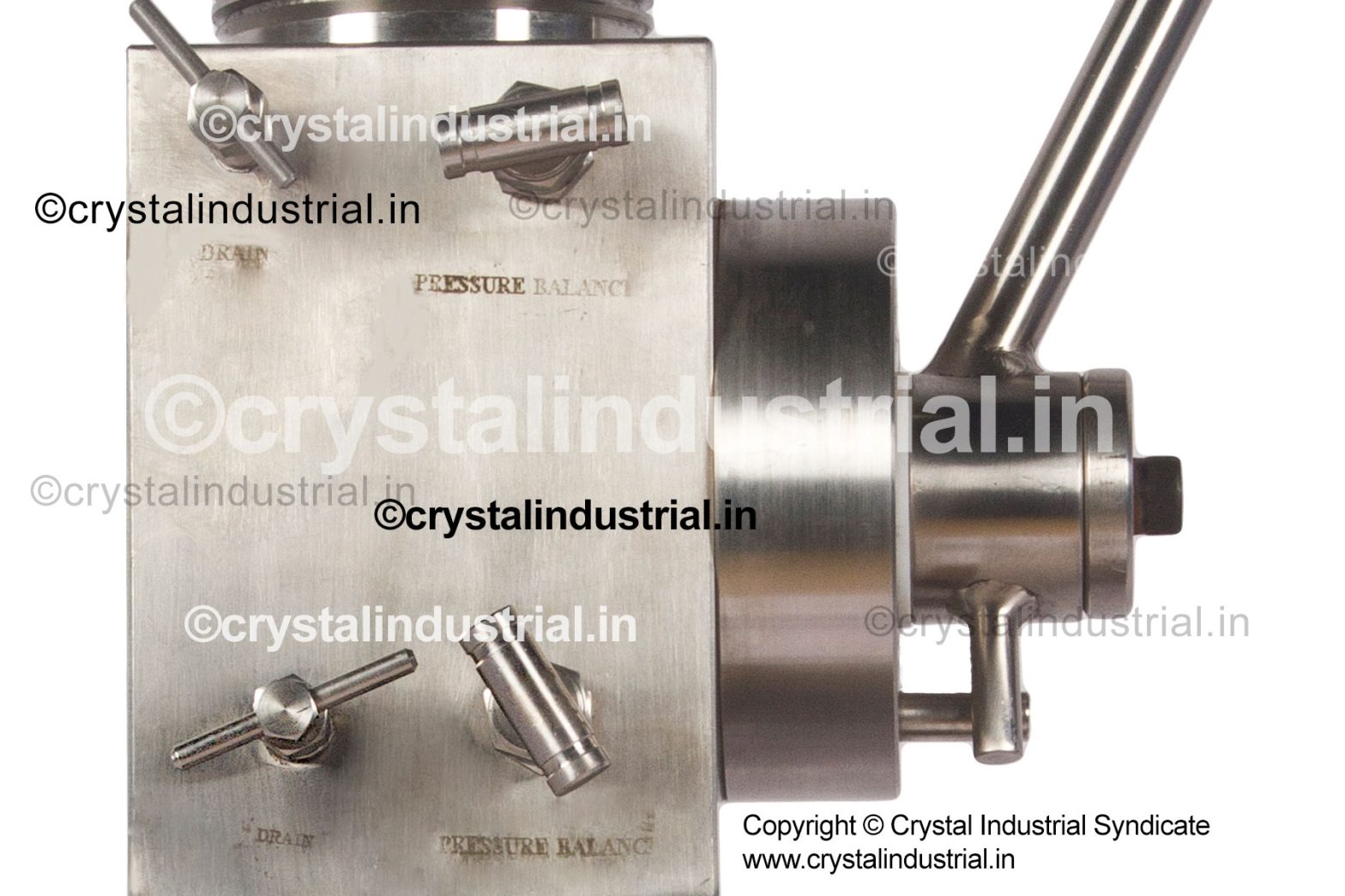A service valve is a type of valve that is used to isolate a section of piping or other equipment for maintenance or repair. In the context of using retrievable tools to insert an injection quill, the service valve allows the operator to isolate the section of piping where the injection quill is being inserted, which makes it easier to perform the maintenance or repair work. The service valve also provides a means of shutting off the flow of fluid through the piping if necessary, which can be important for safety reasons.
What materials are service valves made of?
Service valves can be made from a variety of materials, depending on the specific application and the fluids being handled. Some common materials used for service valves include:
- Carbon steel: This is a strong and durable material that is often used for service valves in industrial applications.
- Stainless steel: This is a corrosion-resistant material that is often used in service valves for handling corrosive fluids.
- Bronze: This is a strong and corrosion-resistant material that is often used for service valves in marine and offshore applications.
- Plastic: Plastic service valves can be made from a variety of materials, including PVC, polypropylene, and others. Plastic valves are often used in applications where corrosion resistance is not a concern, and they are generally less expensive than metal valves.
It’s also worth noting that service valves can be coated or plated with other materials to improve their performance in certain applications. For example, a carbon steel valve might be coated with a layer of zinc or another corrosion-resistant material to improve its performance in a corrosive environment.
What are the different kinds of service valves used with injection quills?
There are several types of service valves that can be used with chemical injection quills. Some of the most common types include:
- Ball valves: Ball valves are used to control the flow of fluid through a pipe or tube. They consist of a ball with a hole through the center that rotates to open and close the flow of fluid. Ball valves are commonly used with chemical injection quills because they are easy to operate and can be opened and closed quickly.
- Needle valves: Needle valves are used to control the flow of fluid through a pipe or tube. They consist of a small, tapered needle that is used to restrict the flow of fluid. Needle valves are often used with chemical injection quills because they are able to provide very precise flow control.
- Gate valves: Gate valves are used to control the flow of fluid through a pipe or tube. They consist of a gate that moves up and down to open and close the flow of fluid. Gate valves are commonly used with chemical injection quills because they can handle high pressure and are able to provide a tight seal when closed.
- Globe valves: Globe valves are used to control the flow of fluid through a pipe or tube. They consist of a disk that moves up and down to open and close the flow of fluid. Globe valves are often used with chemical injection quills because they are able to provide precise flow control and are able to handle high pressure.
- Butterfly valves: Butterfly valves are used to control the flow of fluid through a pipe or tube. They consist of a disk that rotates to open and close the flow of fluid. Butterfly valves are commonly used with chemical injection quills because they are able to handle high pressure and are able to open and close quickly.
These are just a few of the different types of service valves that can be used with chemical injection quills. The type of valve that is used will depend on the specific requirements of the application, including the type and pressure of the fluid being transported, as well as the desired flow rate and control.
If you would like to know how Crystal Industrial Syndicate’s products can support your injection quills requirements, please contact us. We can understand your injection quills requirements and recommend a custom-built solution. Contact us
